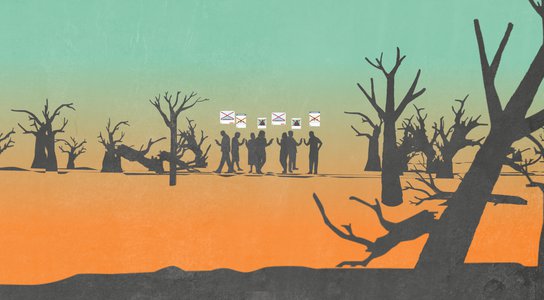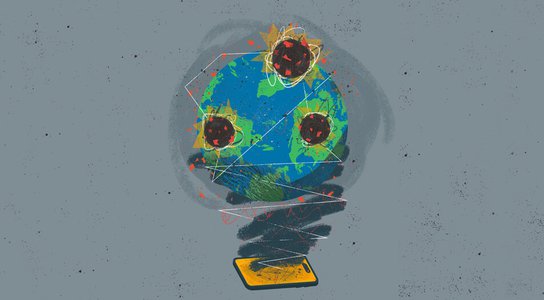Just days after violent anti-democratic attacks in Brazil, Facebook approved for publication ads that called on people to take up arms and storm government buildings, made explicit death threats against Lula supporters and their children, and described the election as stolen, according to new findings by Global Witness.
Out of sixteen test ads submitted by Global Witness to the platform, only two were rejected. Those approved included text in Portuguese such as “unearth all the rats that have seized power and shoot them”, “Death to the children of Lula voters” and “They should be in jail or dead and buried, not in the presidential palace”. Global Witness deleted the ads before they could be published on the platform.
Whilst Facebook approved 87 percent of the tested ads, when faced with the same test YouTube did not allow any of the ads to be published, suspending the accounts from which Global Witness submitted them.
This test comes just days after thousands of supporters of former President Jair Bolsanaro violently stormed government buildings in Brasilia, with violent demonstrations instigated and spurred by social media posts.
Rosie Sharpe, Digital Threats Campaigner at Global Witness, said:
“In the aftermath of the violence in Brasilia, Facebook said that they were ‘actively monitoring’ the situation and removing content in violation of their policies. This test shows how poorly they’re able to enforce what they say. There is absolutely no way the sort of violent content we tested should ever be approved for publication by a major social media firm like Facebook.
“Much of this attempt to overturn the results of the election was instigated, organised, and fuelled online. By failing to fully address this, Facebook puts Brazilian democracy at risk. YouTube’s much stronger response demonstrates that the test we set is possible to pass.
“We know from the Facebook Files that Facebook used its ‘break the glass’ measures around the storming of the US Capitol in 2021. If Facebook is serious about protecting democracy it needs to confirm that it has been applying the same measures against democratic threats elsewhere.”
Ahead of last year’s presidential elections in Brazil, Global Witness carried out three separate experiments that revealed how terrible Facebook and YouTube were at detecting election disinformation. In August, 100 percent of ads Global Witness submitted to Facebook were approved for publication, including ads that had the wrong date of voting and denied the credibility of the election.
In September, half of a new set of ads Global Witness submitted to Facebook were approved for publication and in October, before the final run-off, every single ad containing election disinformation submitted by the organisation to YouTube was approved for publication.
In the wake of the violence in Brasilia Global Witness is calling on Facebook and other social media firms to immediately implement ’break the glass’ measures and declare publicly what else they are doing to combat disinformation and incitement to violence in Brazil, and how those efforts are being resourced.
Global Witness wrote to Facebook’s owner, Meta, to give them a chance to put their side of the story and a spokesperson said "This small sample of ads is not representative of how we enforce our policies at scale. Like we've said in the past, ahead of last year’s election in Brazil, we removed hundreds of thousands of pieces of content that violated our policies on violence and incitement and rejected tens of thousands of ad submissions before they ran. We use technology and teams to help keep our platforms safe from abuse and we’re constantly refining our processes to enforce our policies at scale."


